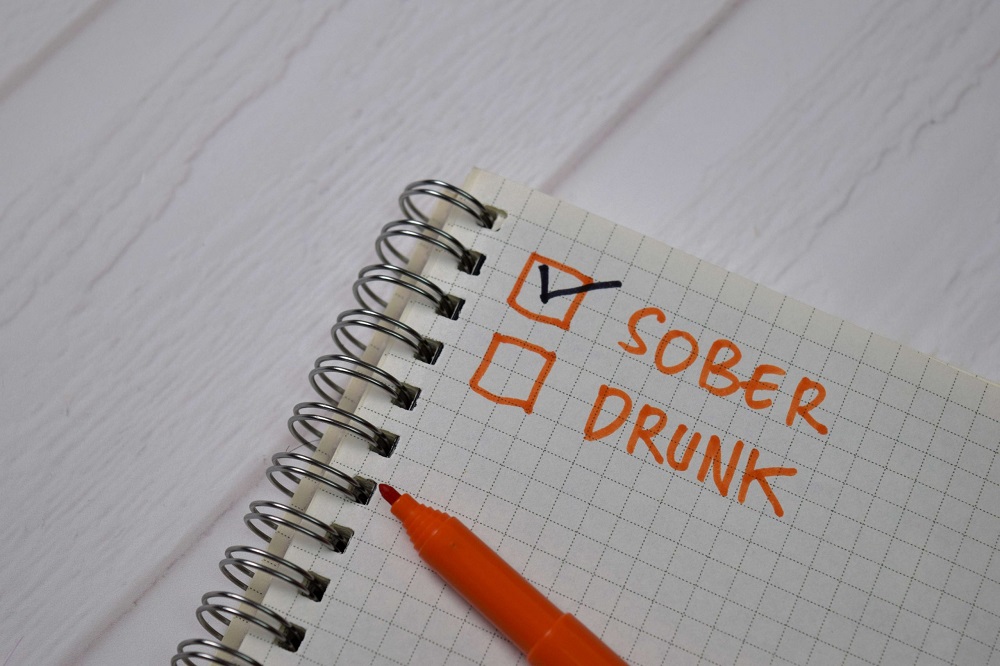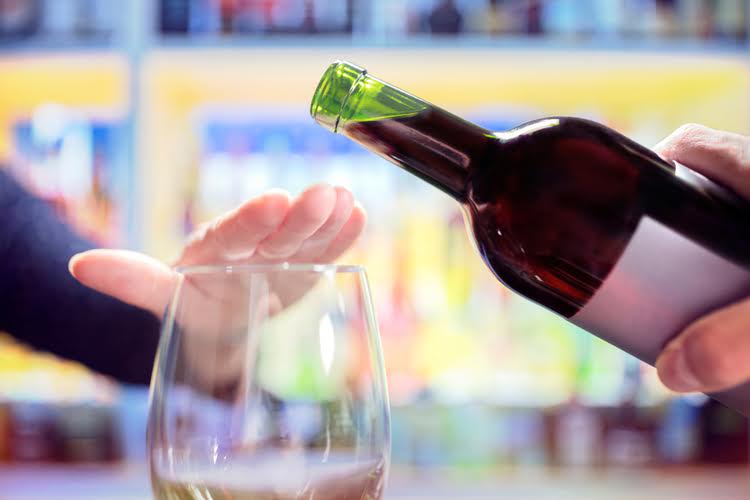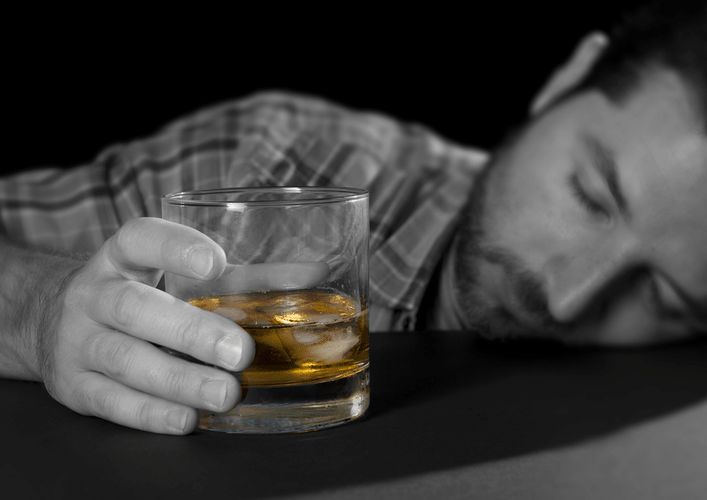Exercise, listening to music, getting sufficient rest—all can have a role in taking the focus off cravings. And all strategies boil down to getting comfortable with being uncomfortable. That view contrasts with the evidence that addiction itself changes the brain—and stopping use changes it back.
- A convergent body of preclinical and clinical evidence has demonstrated that a history of multiple detoxification/withdrawal experiences can result in increased sensitivity to the withdrawal syndrome—a process known as “kindling” (Becker and Littleton 1996; Becker 1998).
- Relapse is usually triggered by a person, place or thing that reminds a person of alcohol.
- Using data from the 2021 National Survey on Drug Use and Health (NSDUH), this report shows that 70 million adults aged 18 or older perceived that they ever had a substance use and/or mental health problem.
- Avoidance is an excellent coping strategy if you know that you are likely to run into danger.
External Triggers and Risk Factors

Addiction to alcohol can have negative consequences, affecting every aspect of your life including work, school, and relationships. Fortunately, with treatment, you can end your addiction to alcohol and live a high quality of life in recovery. Different stressors likewise robustly reinstated extinguished alcohol-reinforced responding in different operant reinstatement models of relapse (Funk et al. 2005; Gehlert et al. 2007; Le et al. 2000, 2005; Liu and Weiss 2002b). https://www.errefom.info/page/101/ This effect appears to involve CRF activity because CRF antagonists block stress-induced reinstatement of alcohol-seeking behavior (Gehlert et al. 2007; Le et al. 2000; Liu and Weiss 2002b). Stopping drug use is just one part of a long and complex recovery process. When people enter treatment, addiction has often caused serious consequences in their lives, possibly disrupting their health and how they function in their family lives, at work, and in the community.
- Treatment enables people to counteract addiction’s disruptive effects on their brain and behavior and regain control of their lives.
- In this article, we’ll discuss the most common causes of relapse, why relapse comes with such a high risk of overdose, and how to find long-term sobriety upon relapsing, most particularly related to opioids.
- Within this system, stress induces the release of the hormone corticotrophin-releasing factor (CRF) from a brain area called the hypothalamus.
- For that reason, some experts prefer not to use the term “relapse” but to use more morally neutral terms such as “resumed” use or a “recurrence” of symptoms.
Other Ways to Improve Your Chances of Recovering from Alcohol Addiction
Relapse is characterized by a return to the unhealthy behaviors and negative consequences that characterize addiction. Write out both your recovery plan and your relapse prevention http://distributed.org.ua/forum/index.php?act=ST&f=40&t=5230 plan. Next to each, add the techniques you and your therapist or support team have come up with to manage it. And you’re at greater risk when you try to quit drinking on your own.
- High-risk situations include both internal experiences—positive memories of using or negative thoughts about the difficulty of resisting impulses—and situational cues.
- Research on the science of addiction and the treatment of substance use disorders has led to the development of research-based methods that help people to stop using drugs and resume productive lives, also known as being in recovery.
- Non-sanctioned/non-medical/non-prescribed use of these controlled substances is considered drug abuse.
- Differences were seen in substance use history with opioid group having an earlier age of development of dependence pattern and past/current history of other substance use.
- For this reason, a recovering alcoholic should stay involved in aftercare options like Alcoholics Anonymous to stay focused on sobriety.
Explore Health Care

The hormonal stress response is mediated by a system known as the hypothalamic–pituitary–adrenocortical (HPA) axis. Within this system, stress induces the release of the hormone corticotrophin-releasing factor (CRF) from a brain area called the hypothalamus. CRF acts http://g-ost.ru/46551.html on the pituitary gland located directly below the hypothalamus, where it initiates the production of a molecule called proopiomelanocortin (POMC). This compound is processed further into smaller molecules, such as β-endorphin and adrenocorticotropic hormone (ACTH).
Marijuana Abuse
- In one study (Gilman et al. 2008), researchers administered an intoxicating dose of alcohol to healthy individuals via intravenous injection and found they had reduced limbic response to fearful faces and increased striatal activity.
- Through this effort, SAMHSA can better achieve its vision that people with, affected by or at risk for mental health and substance use conditions receive care, achieve well-being and thrive.
- Because of this, health care professionals are looking at other ways to manage the crisis, such as providing access to Narcan to help treat overdoses.
- Recovery is lifelong, and a relapse can happen at any time, even after years of not drinking.
- They are particularly prone to relapse because they spent their formative years engaged with substances rather than developing a strong social support network, learning basic life skills, or gaining academic achievement—all positive predictors of success.
These medications help manage opioid addiction by reducing cravings and withdrawal symptoms. Despite your best efforts to stay sober or reduce your alcohol consumption, it’s important to realize that anyone can return to misusing alcohol as a way to cope. Relapse happens, in part, because alcohol use disorder is a chronic condition. Even people who get help, attend a treatment program, and are actively in recovery, can relapse. Equally important is to learn to identify situations that carry high risk of relapse and to develop very specific strategies for dealing with each of them.

The Experience Blog

These include stress, anxiety, depression, and other mental health issues. For many recovering addicts, these emotions can become overwhelming and lead to a desire to use drugs as a coping mechanism. Medical professionals characterize this condition as a pattern of uncontrolled drinking, and the inability to stop or control alcohol misuse despite its negative impact on your life. Still, too many people perceive alcohol addiction as a moral flaw or a personal failing—especially when someone tries to quit and relapses. Limitations of the study include a sample consisting of all men selected from an urban metropolis was not representative of all demographics.
